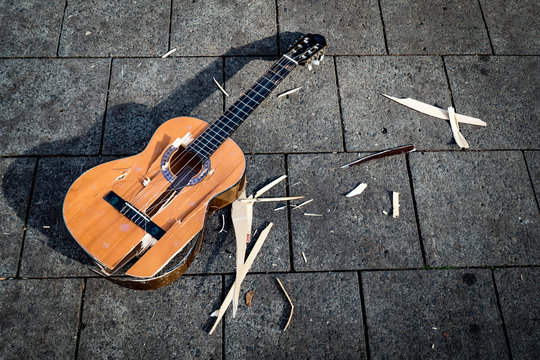By Alex Roberts
Those haunting chords of Cher’s ‘Believe in Laugh at a Love’ (having been just requested by a leering 55 year old man in a bejeweled shamrock green shirt), are belting out from a pint-size Nairobi songstress in a disco-ball skirt.
Her audience, as it were, on this cruel-hearted St. Patrick’s Day, are dancing their own Shangri-La shuffle; spinning epileptic, daringly close to speakers covered glasses containing imported whiskeys.
The audience is about half white and skewed much older, especially towards the front of the house, and one could be forgiven for mistaking such a scene for a kind of awkward late-night baby-boomer festival in a Middle American town like Kenosha, Wisconsin.
The reason for such a tableau is simple: such spaces were never geared towards a Kenyan audience in the first play. It is more of a musical hostage situation, Neo-colonial gun to the listener’s head, daring one to request a Benga track. It is a ceiling that is frequently encountered; still ever present, holding sway over the creative industry of Kenya, ready to chop, guillotine-like at any semblance of overthrowing the old guard to make way for the new.
For certain, the music industry of Kenya is a cartel, a labyrinth nearly impossible to escape. Those who did made their peace somewhere around 2004; and have held a form of carte-blanche on the entire scene ever since (you can recognize their events by the 500 bob samosas stuffed with foreign cheeses and watered down ‘craft’ cocktails being slung at 1000 KSh a cup).
So why make their peace at all you may ask, easy, making peace with one’s one compromise is a lucrative endeavor- because in Kenya, the old guard, the ones that truly holds all the purse strings- they stay behind gates in places like Muthaiga, Spring Valley, Karen. It is they who get to decide what ‘deserves’ to make it onto the Kenyan airwaves and onto the shelves for album sales. It is they who hold back the gates that keep the young and up and coming from making it to the ‘big stages’, and in turn for the big cashish. It is they who pad bank accounts and put up new ‘executive apartments’. It is they who own the casting couches…
As Kenya hurtles forward into the 2020s at breakneck pace, the question remains, who is the nation hurtling forward for, exactly? It seems, more and more (if it were possible) that the answer is for all those expats who land the cushy gig and come trundling over, made economically and socially comfortable in a myriad of private drives and high rise flats; and it’s for the ones who came long ago that the nationally syndicated radio stations seem so reticent to play much in the way of actual Kenyan jams. Sure they will, on occasion, typically sandwiched between a Celine Dion ballad and a Afrobeats track that got watered down by the inclusion of Ed Sheeran to aim the marketing cannon at a ‘broader’ (whiter) audience.
At the right Karen garden party, one can be transported in audience to some far flung past. In such a setting, Kenyans are vastly outnumbered by foreigners, some of whom spout pearls of wisdom such as ‘You know what the problem with Kenya is? I just can’t get my Belgian soft cheese imported in a timely fashion.’
Indeed, and woe unto your tragedy.
As the tinge of illicit imported drugs starts to fill the air- the ‘progressive’ sub set of the old money ilk will start to take time at the DJ booth; playing beatless tracks that sound like zebra being slaughtered in the night- experimentation that is distinctly Western in it’s sonic soundscape and listener-bend. Despite no one in the audience from the 254 being able to vibe such noise-sounds; their was a subset that dug it immensely, spinning around glow sticks and throwing up Scottish aged single malts onto the floor.
The following morning, one could practically spell out the conversations from those who attended such a party in khaki shorts (and stayed well after most of the Kenyans shrugged and headed for the exits), commenting on the inclusivity of it all, how good and virtuous they are and how the creative sphere of their ‘vibes’ is becoming a force in the world- all to the soundtrack of Shania Twain blaring through spotless 1988 Land Rover speakers.
A good bellwether can always be found in the arts, particularly in music. Now it seems, that the notions of progress, like the notions of Kenya’s music industry truly finding a footing, are rooted in falsehoods, the same as all of those empty penthouse apartments popping up across Nairobi. The real royalty money still goes to the estate of George Michael, the true concert hauls are flown in and out of Kenya from Europe, Nigeria and South Africa. The creative space these days, burgeoning though it seems, has had a hidden fail safe built in; a hidden limit, one just beyond the reach of artists who didn’t help build it themselves.
The real power in Kenya’s music industry is still found behind big steel gates, or six drinks deep on the dance floors of some of Kenya’s swankiest bars being placated by the idle sounds of long dead 90s American pop anthems.
Pick your poison, sometimes its just easier to be a sellout- ignorance is wealth.










